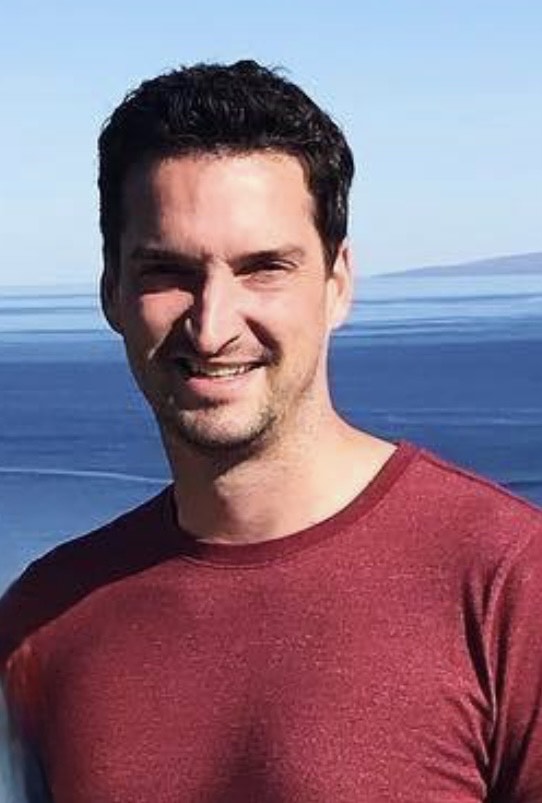Get to know more about UM-Dearborn’s new Emergency Management associate director, his career highlights, love of U-M sports, and his appreciation for campus' BIRT program — which he plans to continue strengthening.
Michigan sports were a staple of his undergrad — and, at work, he’s still hanging at the Big House.
“I was at U-M from 2006 to 2010. There were a lot of fun games that I went to with my dorm mates. With football, we started off with Lloyd Carr and then went into the Rich Rodriguez years. Even though we didn’t always win, it helped me appreciate wins more when we got them. For basketball — that’s my favorite sport — I was there when Michigan made it to the NCAA tournament in 2009 after a long drought. I even went to Kansas City to watch them play Clemson.
I still go to the games, but now I support the team in a different way. On the emergency operations side, we make sure there is a response for any situation that could arise. If there is someone having a reaction to a hot day, we get them water. If there is an unruly fan, we handle that situation. It’s not something that I thought much about when I was a student — but that’s a good thing. If you don’t think about it, it means the people in emergency operations are doing their jobs.”
This career fits with how his brain works.
“I’ve always been the person who thinks ahead and wants to know what I can expect, anticipate or predict. My mind creates possible scenarios and responses — so I want to be prepared…just in case. It drives my wife a little crazy. Lucky for me, I found a career where I can funnel that into a productive outlet.”
While in Washington, D.C., he saw three different presidential transitions.
“An internship I had while at Michigan got me out to Washington, D.C., eventually leading to a full time opportunity. I later worked in emergency operations for the House of Representatives, with the sergeant-at-arms in the Emergency Management Division.
While I was in Washington, D.C., I was part of three inaugurations — President Obama’s second one, President Trump’s inauguration and President Biden’s inauguration. These are major events and people were there to remember the moment. But when you are working, you’re trying to get through the next task on the list. You aren’t there as a spectator. You still absorb the experience, but it often only hits later when you think about all you saw and all you did.
Even if it’s not for a major event, try to get to Washington, D.C. if you haven’t been. Go to take a look at the Capitol lit up at night. It really is quite the sight.”
He’s a fan of the campus’ Building Incident Response Team (BIRT) program.
“I want people on campus to know that the Department of Public Safety and the Office of Emergency Management are here to help and that we have training to help you be prepared in case of an emergency. One of the best ways we can do that is to continue to build the BIRT program, which was created to promote a more coordinated emergency response for campus. But between managing the pandemic response and staff turnover, we can continue to grow. We want to help get re-trained for key responsibilities in leading emergency response actions. The faculty and staff on campus know their buildings and who is in them on a particular day more than anyone else — and we want to help team members be prepared and supported."
There’s no place like home.
“I like when people walk by and say, ‘hello’ or ‘good morning.’ I took that for granted until I left the state. People are really friendly here and I appreciate it more now. But, with that said, sometimes I am guilty of mentally being in emergency management mode and moving fast. Even if I appear to be walking with a purpose, please say hello. I want to get to know people on campus and I am grateful for this opportunity. This state and this university are my home — and I really couldn’t be happier to be here."
Staff Spotlight by Sarah Tuxbury.







